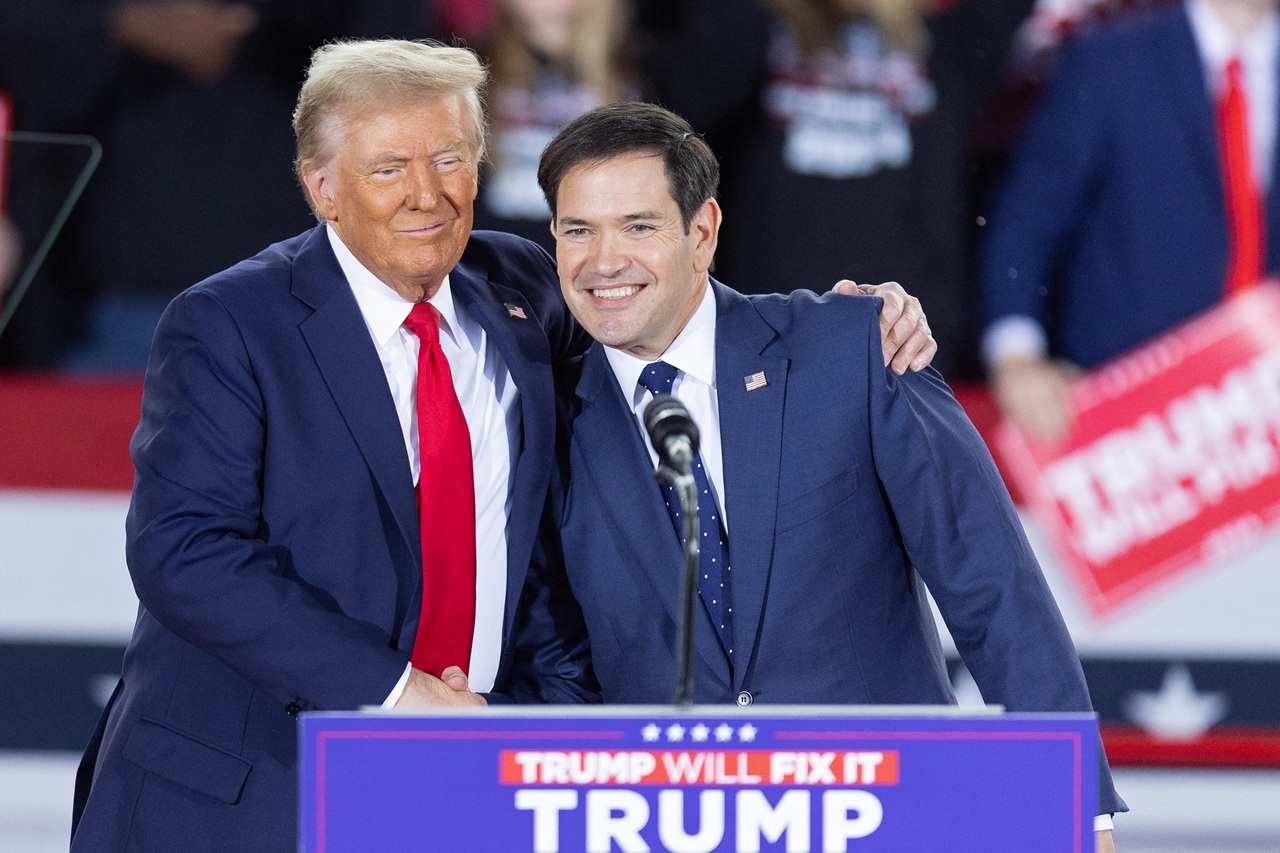
The Shapiro Factor: How a Different VP Pick Could Have Altered the 2024 Election
The 2024 presidential election concluded with former President Donald Trump reclaiming the White House, defeating Vice President Kamala Harris and her running mate, Minnesota Governor Tim Walz. As political analysts dissect the factors contributing to this outcome, a pivotal question emerges: Would the selection of Pennsylvania Governor Josh Shapiro as Harris's vice-presidential candidate have changed the election's trajectory?
The Battleground of Pennsylvania
Pennsylvania, with its 19 electoral votes, has long been a linchpin in presidential elections. In 2020, President Joe Biden secured the state by a narrow margin, underscoring its swing state status. Governor Josh Shapiro, a Democrat with a strong statewide presence, won the gubernatorial race in 2022 by a significant margin, demonstrating his appeal across diverse voter demographics. His popularity suggested that he could bolster the Democratic ticket's chances in Pennsylvania.
However, in the 2024 election, Trump managed to dismantle the Democrats' Blue Wall, securing victories in crucial states such as Pennsylvania, Wisconsin, and potentially Michigan. This scenario has forced Democrats into introspection, as Trump capitalized on various socio-economic issues and won over multiple voter demographics, including white blue-collar workers, Latinos, and Black voters.
Latino Voter Engagement
The Latino electorate in Pennsylvania has been growing steadily, representing approximately 6% of the state's voters. In previous elections, Latino voters have leaned Democratic, but their support is not monolithic and requires active engagement. Shapiro's gubernatorial campaign made significant investments to reach Latino voters, including over $500,000 on digital and radio advertisements targeting both Spanish and English-speaking audiences. He also made several appearances on La Mega’s “El Relajo de La Mañana,” a popular Spanish-language radio show broadcast from Reading.
In contrast, the Harris-Walz campaign faced criticism for its outreach efforts. Democratic operatives and lawmakers in Pennsylvania expressed concerns about the campaign's lackluster engagement with non-white voters, including Latinos. This perceived neglect may have contributed to lower enthusiasm and turnout among these communities.
CONTENIDO RELACIONADO
The Potential Impact of a Harris-Shapiro Ticket
Had Harris selected Shapiro as her running mate, several potential advantages emerge:
Enhanced Appeal in Pennsylvania: Shapiro's strong approval ratings and deep connections within the state could have galvanized Democratic support, potentially offsetting Trump's gains. His presence on the ticket might have reassured moderate and undecided voters, particularly in suburban and rural areas where he had previously demonstrated appeal.
Improved Latino Outreach: Shapiro's proactive engagement with Latino communities during his gubernatorial campaign suggests he could have brought a more robust strategy to the national ticket. His established relationships and targeted outreach efforts might have increased Latino voter turnout and support for the Democratic ticket.
Counteracting Republican Narratives: Shapiro's centrist positions and bipartisan appeal could have countered Republican narratives painting the Democratic ticket as too liberal. His record of working across the aisle might have attracted independent voters concerned about political polarization.
Challenges and Considerations
While a Harris-Shapiro ticket presents potential benefits, challenges would have persisted:
- National Name Recognition: Despite his state-level prominence, Shapiro lacked the national profile of other potential candidates. Building nationwide recognition and support would have required significant effort and resources.
- Balancing the Ticket: Both Harris and Shapiro hail from coastal states, which might have been perceived as lacking geographic diversity. Selecting a running mate from the Midwest, like Walz, was intended to appeal to voters in that region.
- Policy Alignment: Ensuring alignment on key policy issues would have been essential to present a cohesive platform. Any perceived discrepancies could have been exploited by opponents to sow doubt among voters.
While it's speculative to assert that selecting Josh Shapiro as her running mate would have definitively altered the 2024 election outcome, it's plausible that his inclusion on the ticket could have strengthened Democratic prospects in Pennsylvania and among Latino voters. His proven electoral success, targeted outreach efforts, and centrist appeal might have addressed some of the challenges the Harris-Walz campaign faced. As the Democratic Party reflects on the election results, considerations of candidate selection and voter engagement strategies will be paramount in shaping future campaigns.










DEJE UN COMENTARIO: